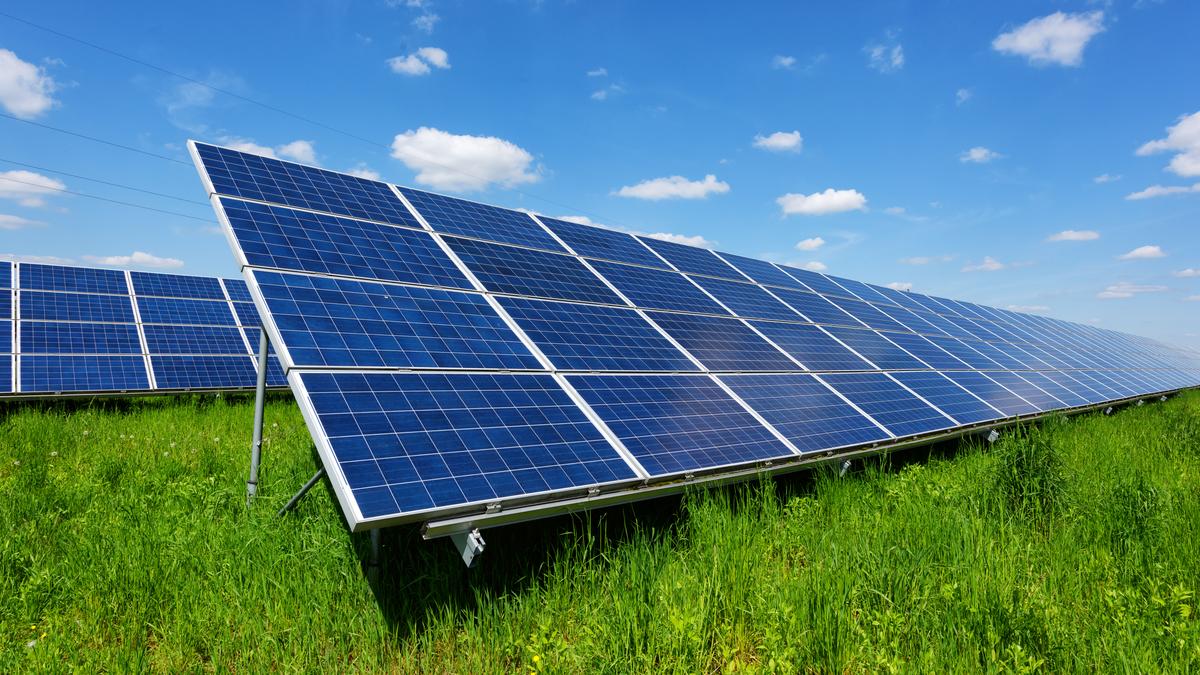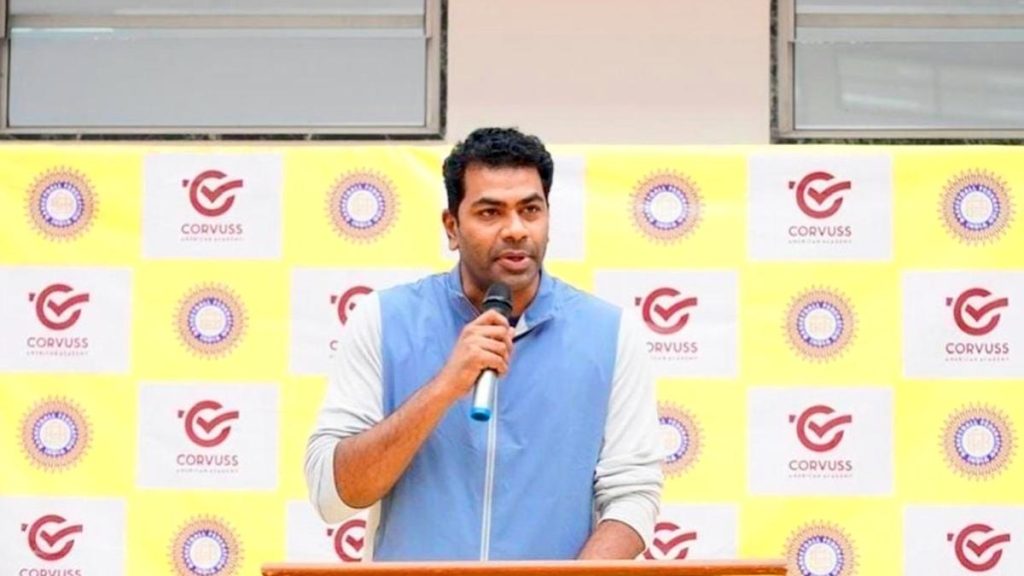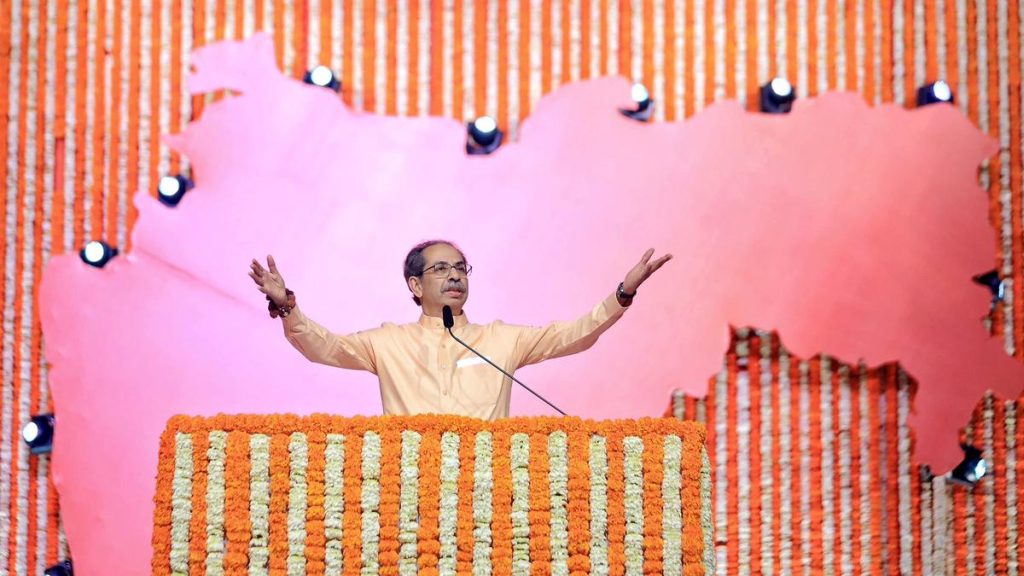Now Reading: India Can Achieve 70% Affordable Clean Power by 2030: Report
-
01
India Can Achieve 70% Affordable Clean Power by 2030: Report
India Can Achieve 70% Affordable Clean Power by 2030: Report

Quick Summary
- Report Findings: India can achieve 70% round-the-clock (RTC) clean electricity for commercial and industrial consumers by 2030 at a lower cost than traditional annual clean energy methods, according to TransitionZero.
- Capacity & Savings: Potential deployment of 52 GW RTC clean energy to meet 5% of projected national demand, saving up to ₹9,000 crore ($1 billion) annually.
- Emissions Reduction: A 70% RTC model could cut emissions by 2.4%,with potential for a reduction of up to 7% under the full capacity model (100%). Cost-effective carbon abatement is nearly three times cheaper than annual matching.
- Technology Synergies: Solar and battery storage emerge as effective solutions; each MW of solar requires ~2 MWh battery storage. Long-duration energy storage remains secondary due to high costs compared to lithium-ion batteries.
- Industry Benefits: Heavy industries and data centers benefit from real-time decarbonization due to consistent power demands. maharashtra’s growing digital infrastructure, flagged for climate risks, stands as a major beneficiary.
- Policy Recommendations: TransitionZero advocates regulatory incentives for real-time clean energy use over aggregate numbers while GHGP reviews its Scope 2 guidelines on hourly emissions accounting.
!80/AFP2024101636K22RGv1HighRes__IndiaEnergyRenewable.jpg”>Renewables Image
Indian Opinion Analysis
The transitionzero report provides insights into India’s ability to achieve significant strides in renewable energy transition through RTC clean electricity models. By enabling hourly matching between consumption and zero-carbon sources like solar,wind,and battery storage,this approach could substantially reduce costs while deepening decarbonization efforts in line with India’s enterprising goal of attaining 500 GW non-fossil fuel capacity by 2030.
Industries such as data centers-especially concentrated in states like Maharashtra-stand poised for dual benefits: environmental sustainability through reduced emissions and operational resilience against flagged climate risks. additionally,alignment with global ESG standards via flexible hourly emission accounting further enhances the appeal for businesses seeking compliance assurances under evolving frameworks like GHGP.
However, scaling these benefits will require calculated policy interventions that incentivize grid operators and corporate players alike toward least-cost planning strategies. The emphasis on synchronous solar-battery deployment serves as an immediate possibility but necessitates careful mitigation strategies around renewable oversupply risks observed globally (e.g., Spain). Realizing these advancements equitably across regions can position India at both ecological forefronts and economic efficiency benchmarks within renewables transition discussions.
Read More: Energy Efficiency Mandates in Focus
























